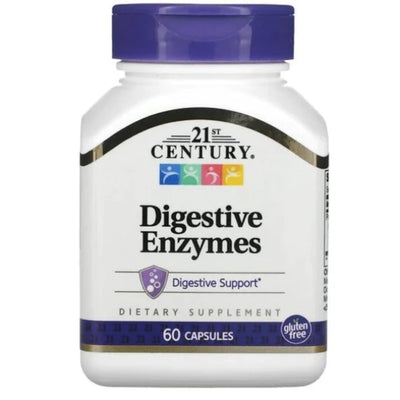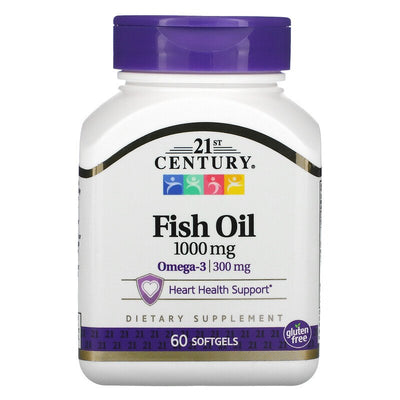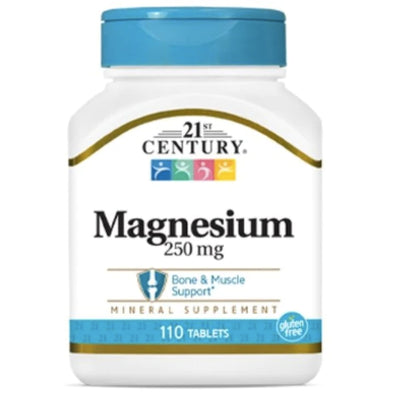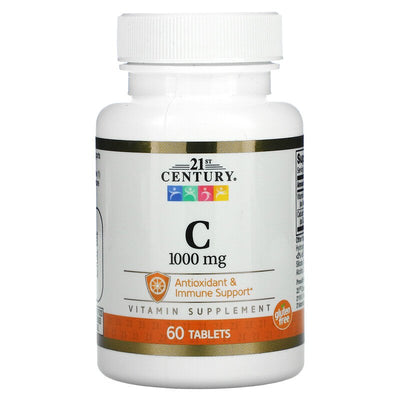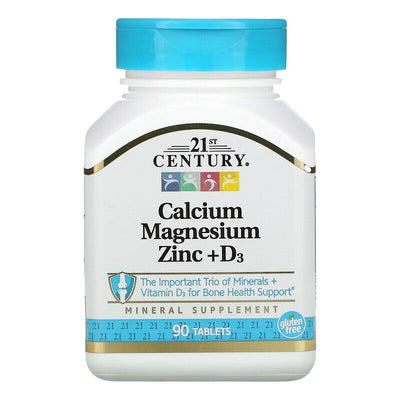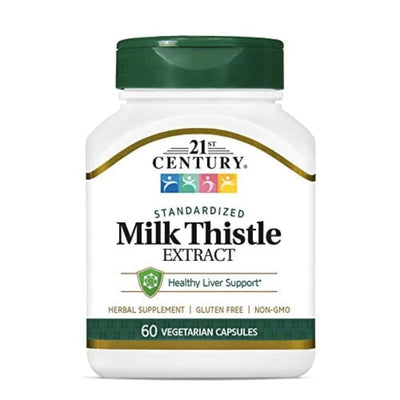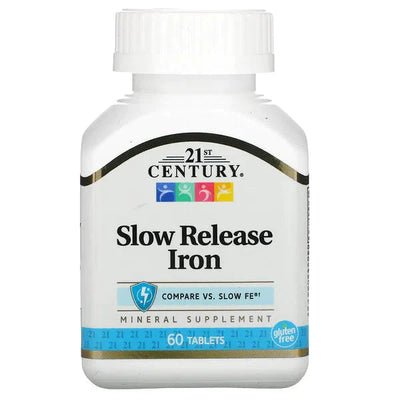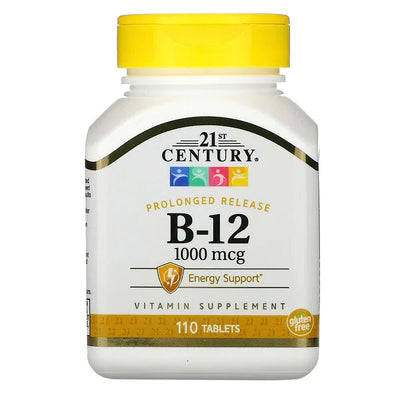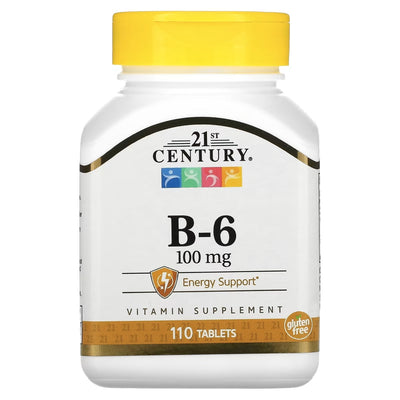Creatine's Role in Combating Age-Related Muscle Loss
Maintaining Muscle Mass
One of the most notable changes as we age is the gradual loss of muscle mass and strength, a condition known as sarcopenia. Creatine has been well-documented for its ability to increase muscle mass and strength in younger individuals through its role in enhancing muscle protein synthesis and providing quick energy for high-intensity activities. For older adults, creatine supplementation could help counteract sarcopenia by:
-
Enhancing Muscle Protein Synthesis: Creatine can stimulate pathways that lead to new muscle growth, helping to maintain muscle mass in elderly individuals.
-
Improving Muscle Function: Studies have shown that creatine improves muscular endurance and strength, making daily activities easier and reducing the risk of falls and other injuries.
Enhancing Recovery
Creatine not only helps in maintaining muscle function but also speeds up the recovery process after exercise. This can be particularly beneficial for older adults, as recovery times tend to increase with age.
Creatine and Cognitive Health
Boosting Brain Function
Creatine plays a critical role in energy metabolism within the brain. Supplementing with creatine can enhance brain function, which tends to decline with age. It supports cognitive processes such as memory, attention, and reaction time. Research suggests that creatine supplementation can particularly benefit tasks that require speed and quick problem-solving skills.
Neuroprotection
There is emerging evidence that creatine may provide neuroprotective benefits. By increasing cellular energy production and potentially reducing oxidative stress, creatine could help maintain neuronal health and function, which is crucial for preventing age-related cognitive decline.
Creatine for Energy Metabolism and Bone Health
Increasing Energy Levels
As ATP production declines with age, older adults often experience reductions in overall energy levels. Creatine helps to increase ATP synthesis, providing a boost in energy which can be crucial for maintaining activity levels and overall quality of life in the elderly.
Supporting Bone Health
Emerging research indicates that creatine may also have a positive impact on bone density. By improving muscle mass and strength, creatine can enhance mechanical stimulus to the bones, which is a key factor in maintaining bone density as one ages.
How to Use Creatine for Aging
For older adults interested in creatine supplementation:
-
Consult a Healthcare Provider: Before starting any supplement regimen, it's important to consult with a healthcare provider, especially for those with pre-existing conditions or those taking other medications.
-
Start with a Low Dose: Older adults might start with a lower dose of creatine and gradually increase if well-tolerated to avoid any potential gastrointestinal discomfort.
-
Maintain Adequate Hydration: Creatine can increase the need for water, so it's important to stay well hydrated.
Conclusion
Creatine is not just for athletes; it also offers promising benefits for the aging population. From combating muscle loss and cognitive decline to enhancing energy levels and possibly supporting bone health, creatine supplementation could be a valuable tool in managing the effects of aging. As with any supplement, it should be used as part of a broader approach to health that includes diet, exercise, and regular medical care.








